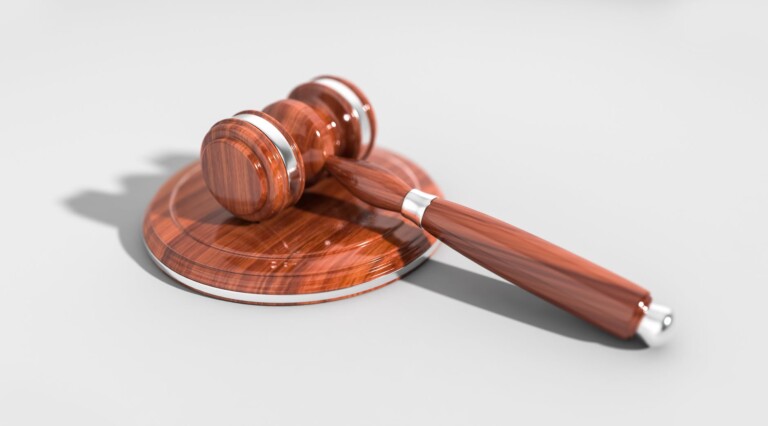In early June, the Conservative government introduced new legislation into Parliament that, if passed, would significantly reform the Canadian Copyright Act. Titled the Copyright Modernization Act, Bill C-32 was introduced following extended consultation with the public and other stakeholders. These consultations were a response to the disapproval the government met upon its previous attempt to amend the Copyright Act in 2008.
The draft legislation contemplates a broad and extensive set of changes to the Canadian copyright regime, and while some of these will only be of interest to those directly involved in the creation or exploitation of copyright protected works, other changes will be of relevance to all persons. Highlights of the proposed changes include:
- protection for anti-circumvention measures: sometimes referred to as digital rights management (DRM) or technology protection measures (TPM), these are “digital locks” built into content (like movies, music, software and the like) in an effort to stop unauthorized reproduction of the subject work. If passed, the Act would make any tampering with a TPM prohibited, carrying a potential $1,000,000 penalty and five-year jail term.
- penalties for those who market or distribute TPM-defeating devices (like lock-cracking software) or services designed to enable infringement (torrent sites).
- an expansion of the “fair dealing” activities – those activities persons can perform, with respect to copyright protected material, that do not amount to copyright infringement. In particular, the Act would clarify the rights of Canadians to record copyright protected works for review at a later time (time-shifting) and to transfer those works to be used in another medium (format shifting). In addition, the Act would permit reproduction of copyright protected works as part of a parody or satire – something that, while long permitted in the United States, has not been permitted in Canada.
- a new exemption for non-commercial uses of existing work – broadly known as the “remix exception”. Use of a publicly-available work to create a new work, without the consent of the copyright owner(s) of the original work, would be permitted under the Act provided certain circumstances are met.
- new rights for performers (both in the context of sound recordings of their performances, as well as an extension of moral rights related to performances) as well as for photographers (in a change from the current structure, the first owner of copyright would be the author of the photograph or her employer, as applicable).
- the creation of separate statutory damages regimes for infringement that is “commercial” and “non-commercial” – effectively capping the existing statutory damages amounts for non-commercial infringements at $5,000 per court action (as opposed to $20,000 per infringing work, on the commercial side).
To paraphrase Lincoln, it’s clear that you “can’t please all of the people all of the time”; however, this iteration of the Bill (the third introduced by two different governments in the last five years) seems to have pleased a good deal more people than its predecessors. Nonetheless, a broad range of stakeholders has expressed concern about a number of the Bill’s provisions – and most notably, those pertaining to anti-circumvention measures. For example, the Act would make it illegal to tamper with a TPM even where the user was doing so only to exercise a legal right otherwise protected under the Act. When the legislation was introduced, Industry Minister Clement expressed some willingness to consider amendments – though Heritage Minister Moore’s recent comments deriding opponents of the Bill suggest amendments may not be welcome. Nonetheless, there remains a reasonable chance that a provision permitting Canadians to disable TPMs where they do so only to exercise other rights protected under the Act may still be introduced.
We’ll update you on the progress of the Act, and apprise you of any amendments that are introduced, in a future version of Knowledge Bytes.



